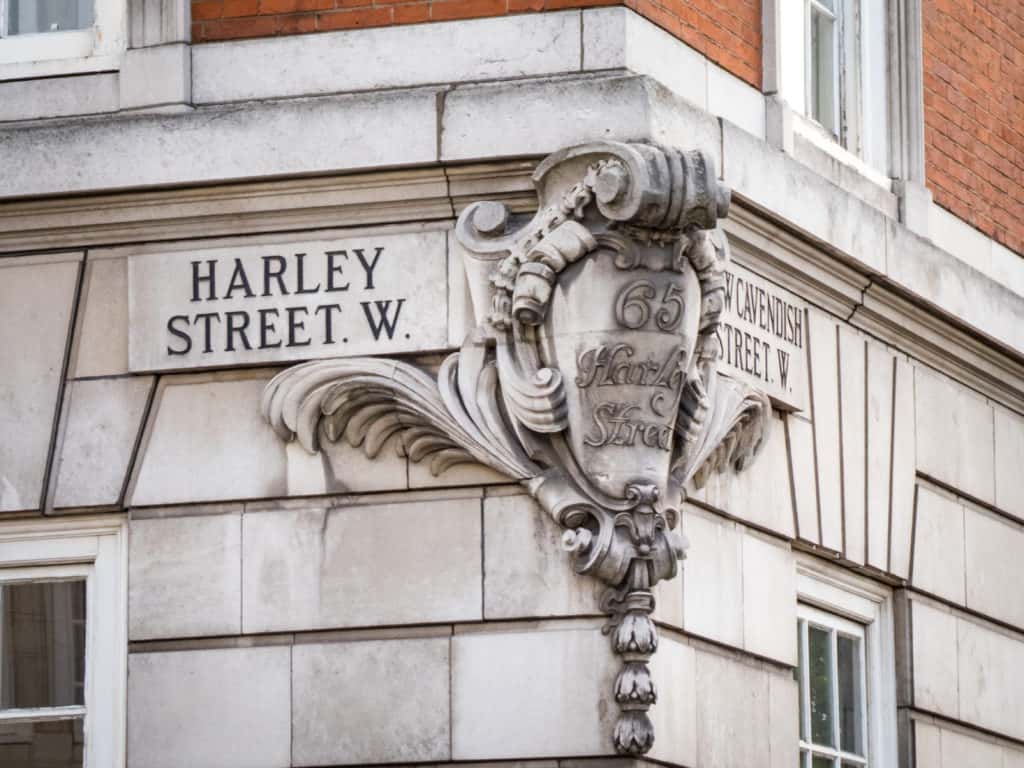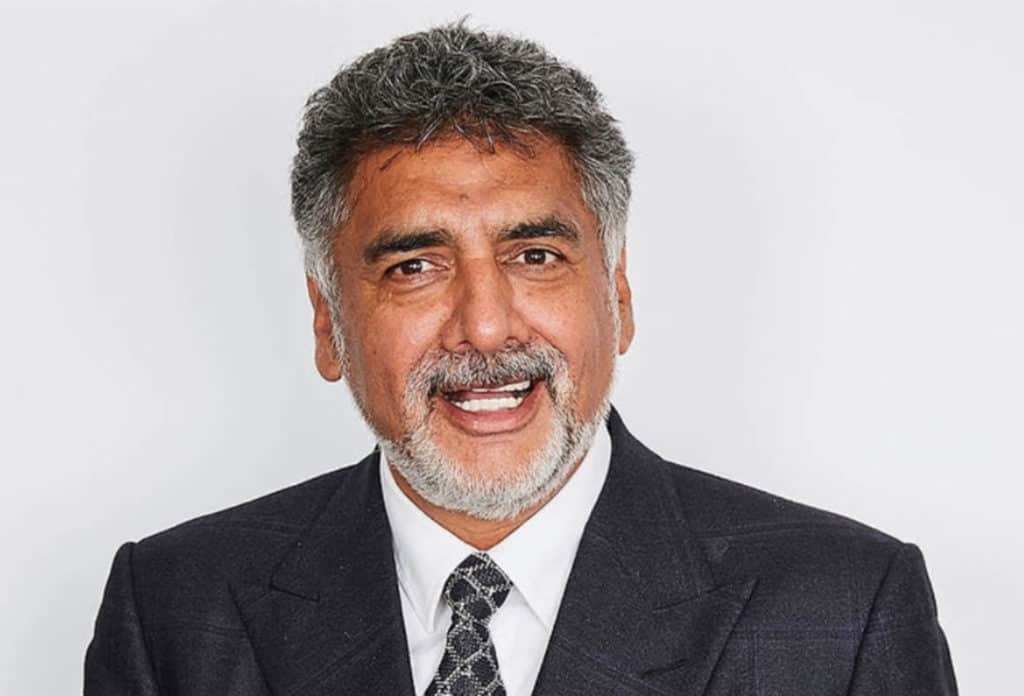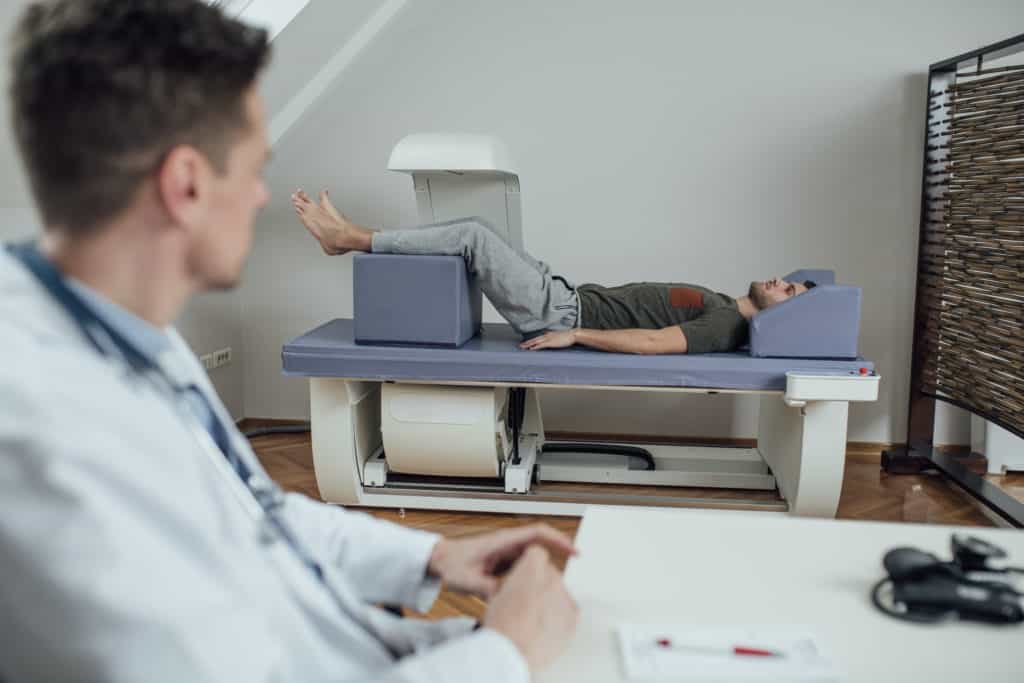Choosing the best health check can be a difficult task. When it comes to your health, there are so many aspects to be mindful of, so here is a guide of important factors to consider when looking for the most comprehensive and accurate health assessment possible. Preventative health screenings can come in all shapes and sizes, ranging from standard GP physicals, which usually consist of blood tests and blood pressure tests along with lifestyle questions, to exercise and breathing tests to assess the health of your heart and lungs. The downside is, although these kinds of assessments are able to indicate some mild health problems, these tests can not see exactly what is happening deep inside the body and detect disease or cancer that may be present in your organs or other surrounding tissues, which would be totally undetectable by these means of testing.
What should you expect from your private health check?
- A trusted company that understands and values their clients.
- A provider that utilises only the most recent and innovative medical technology to achieve optimum and accurate results.
- A provider with a ‘no one size fits all’ approach that respects your uniqueness and individual circumstances.
- A provider with a wide range of options for different scans or packages- the accuracy of your assessment depends on how relevant your scans are.
- The medical practitioners must be highly experienced and leaders within their field- your body and health must remain the priority throughout.
- A team whose client service is unparalleled to make you feel as comfortable as possible throughout the process.
- Most importantly, a provider that uses a combination of modalities to access the entirety of the body (CT, MRI and ultrasound).
At Echelon Health, we recognise that no single scanner is sufficient in assessing the entirety of the body for causes of premature death, it is impossible to screen the entire body with one scanner alone. A combination of modalities is essential to determine the most accurate results; that is why we utilise all the core imaging modalities – CT (Computed Tomography), MRI (Magnetic Resonance Imaging) and ultrasound along with comprehensive blood tests such as tumour markers; no stone is left unturned at Echelon Health.
The most commonly performed CT scan is that of the heart looking at the inside of the heart (coronary) arteries in incredible detail with a resolution of just 0.3 mm. This enables it to detect the very earliest signs of ‘furring up’ (atherosclerosis) which if left untreated could progress to cause a heart attack. The CT scan is also superb in imaging the chest looking for tiny cancers which if seen at such an early stage can be removed with upto a >90% cure rate; otherwise, if left to grow and be detected on a chest x-ray (the traditional way of screening for lung cancer) the cure rate drops to just 5-10%. Our CT scanner is the Aquilion One Prism CT scanner which is the most advanced and powerful in the world and – the only one in operation in London
During a CT scan, an x-ray tube rotates shooting narrow beams of x-rays through the body which produces highly detailed images- the images are then closely reviewed by our world-renowned radiologists.
Our powerful 3T MRI can be used to image the brain looking for tumours, or evidence of stroke as well as detecting aneurysms of cerebral vessels.. MRI scans provide the gold standard means of screening for prostate cancer – the most common cancer in men.
Unlike CT which uses x-rays, MRI uses strong magnetic fields and radio waves to generate images of parts of the body that can’t be accurately detected with X-ray, CT or ultrasound.
Ultrasound is used to create images of soft tissue structures, such as the thyroid gland, testes and ovaries. Ultrasound can also measure the flow of blood in the arteries to detect blockages. High-frequency sound waves travel from a probe into the body, the probe then collects the sounds that bounce back and a computer uses those sound waves to create an image.
Tumour markers are blood tests that detect substances found in higher-than-normal levels in the blood of individuals with certain cancers.
What our blood tests look for
| Disease Detection | Test |
|---|---|
| Anaemia | Full Blood Count |
| Infection | Full Blood Count |
| Clotting Disorders | Platelet Count |
| Iron Deficiency | Iron Levels |
| Kidney Failure | Renal Function |
| Salt Disturbances | Electrolytes |
| Liver Disease | Liver Function Tests |
| Alcohol Damage/Excess | Gamma Glutemyl Transference |
| High Cholesterol | Total HDL, LDL Cholesterol |
| Vitamin D Deficiency | Vitamin D |
| Hypogonadism (Men only) | Testosterone, Luteinising Hormone (LH), Folicle Stimulating Hormones (FSH) |
| Diabetes | Glucose & Glycosylated Haemoglobin |
| Under / Over Active Thyroid | Thyroid Function Tests |
| Breast and Ovarian Cancer (Women only) | CA 19-9, CEA Tumor Markers |
| Prostate Cancer (Men only) | PSA |
| Leukaemia | Full Blood Count & ESR |
| Lymphoma | Full Blood Count & ESR |
| Myeloma | Full Blood Count & ESR |
A combination of all the above modalities is essential in accurately detecting causes of premature death.
The accuracy of our technology combined with the talent of our leading medical practitioners and radiologists subsequently means that we can detect up to 94% of the causes of premature death.
Utilising the Nomis Official Labour Market Statistics Web Application, which enables the user to set highly specific parameters in terms of Geography, Gender, Age groups, Underlying Cause of Death using WHO ICD-10 codes, combined with detailed analysis of ONS data on Mortality Statistics (2017), for England & Wales, Echelon Health were able to conclude that we can detect up to 94% of the causes of premature death: The data was independently checked and confirmed by Dr David Wilson, Past President of the British Institute of Radiology.
We also demonstrate our excellence in medical science through drawing upon the expertise of our Medical Advisory Committee which is comprised of a number of consultants who are leaders in their field. Our Medical Advisory Committee guides us on best clinical practice and helps ensure we maintain our excellence in patient care and safety.
How much does a health assessment cost?
The cost of your assessment will depend on the package or set of scans you choose to undergo. At Echelon Health, we offer pre-curated health assessment packages and also a bespoke range where after discussing your requirements or concerns (if any) with one of our consultants, you can choose a tailored set of scans to your needs.
How often should you have a health assessment?
Roughly, and given you live a healthy lifestyle, after the age of 40 you should be attending a comprehensive preventative health assessment every four years or so, but this differs from person to person.
How long does a health assessment take?
Although extremely detailed and effective, our targeted health assessments can take as little as one hour to complete. More comprehensive assessments can take up to 6 hours; however rest assured, the experience for our longer assessments will never be tedious or uncomfortable.
Should I be worried about the radiation I will receive from having a CT scan?
When it comes to the health of our clients, we only utilise technology that is quite simply the best: Our 3T MRI scanner and Aquilion One Prism CT scanner, are the most advanced scanners in use worldwide, and for the latter the only one currently available in London. Our CT scanner is unique as the radiation output is extremely low; there is background radiation everywhere, but and the radiation you would receive from our Aquilion One Prism CT scanner would be comparable to you going on holiday to Cornwall, where the background radiation is higher.
The importance of every one of these elements are crucial when choosing the best health check. Your health is your most valuable asset, so you want to be confident that every box is ticked.
Please contact us for more information, or click here to view our brochure.
Sources
CT scans, NHS.com https://www.nhs.uk/conditions/ct-scan/
MRI scans, NHS.com https://www.nhs.uk/conditions/mri-scan/
Ultrasound scans, NHS.com https://www.nhs.uk/conditions/ultrasound-scan/






